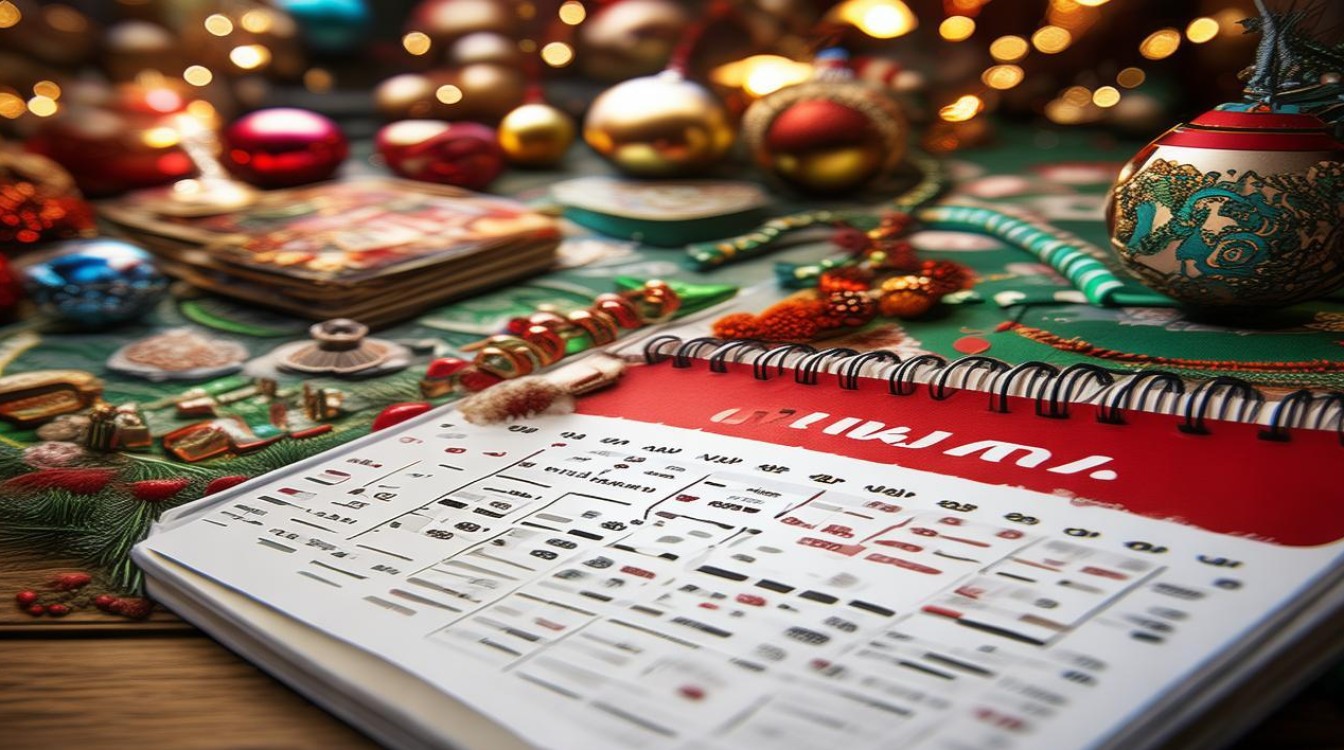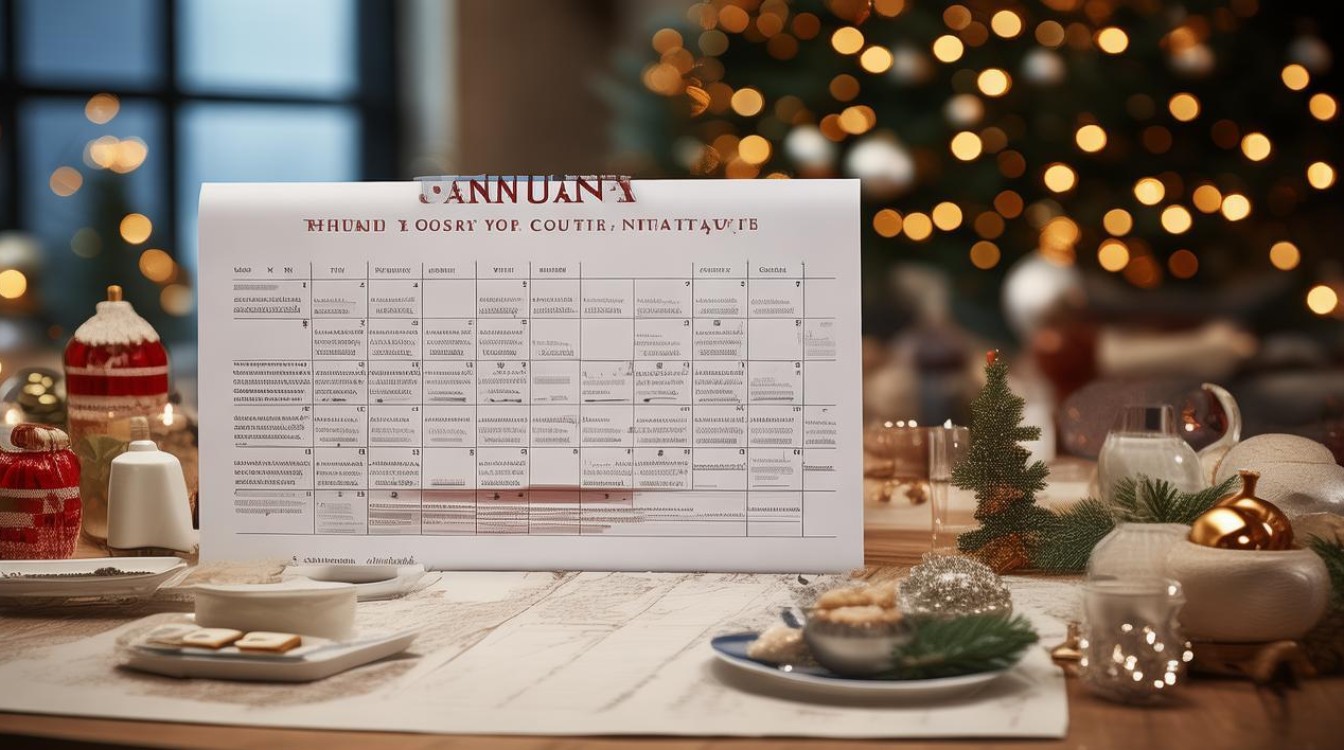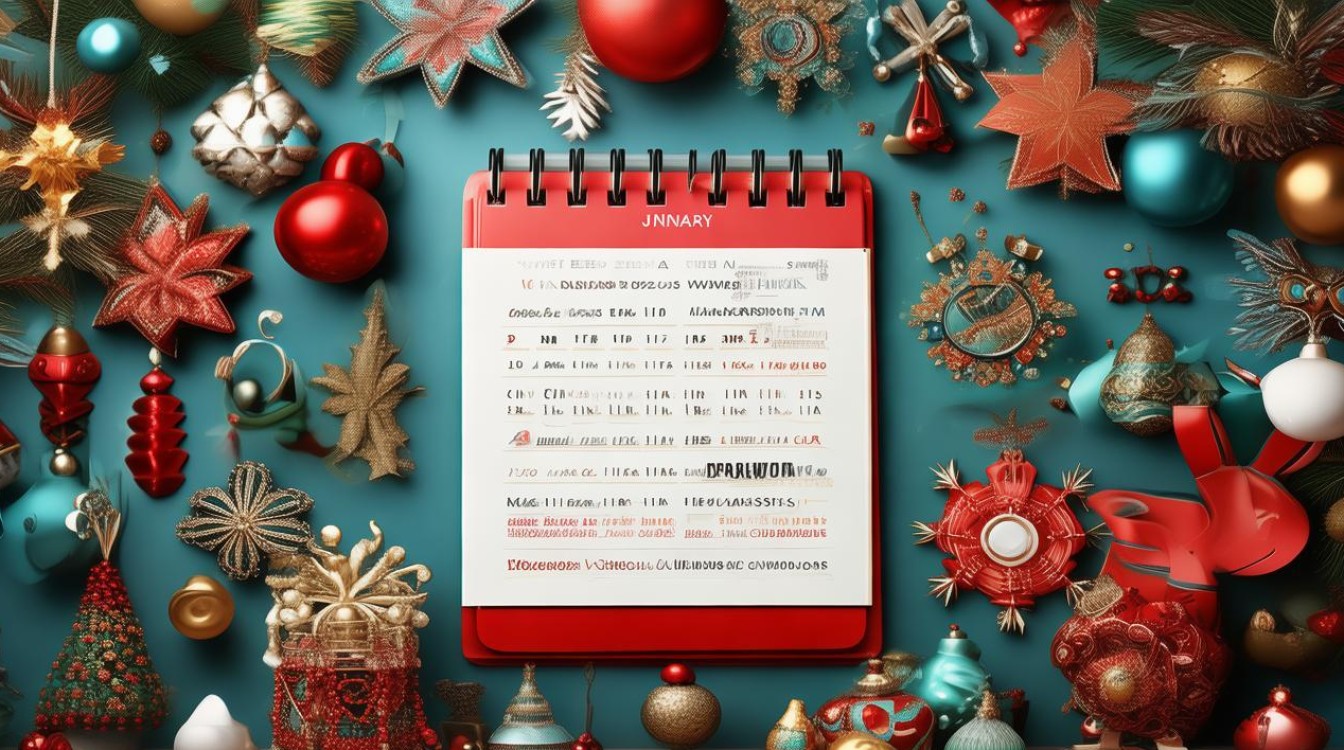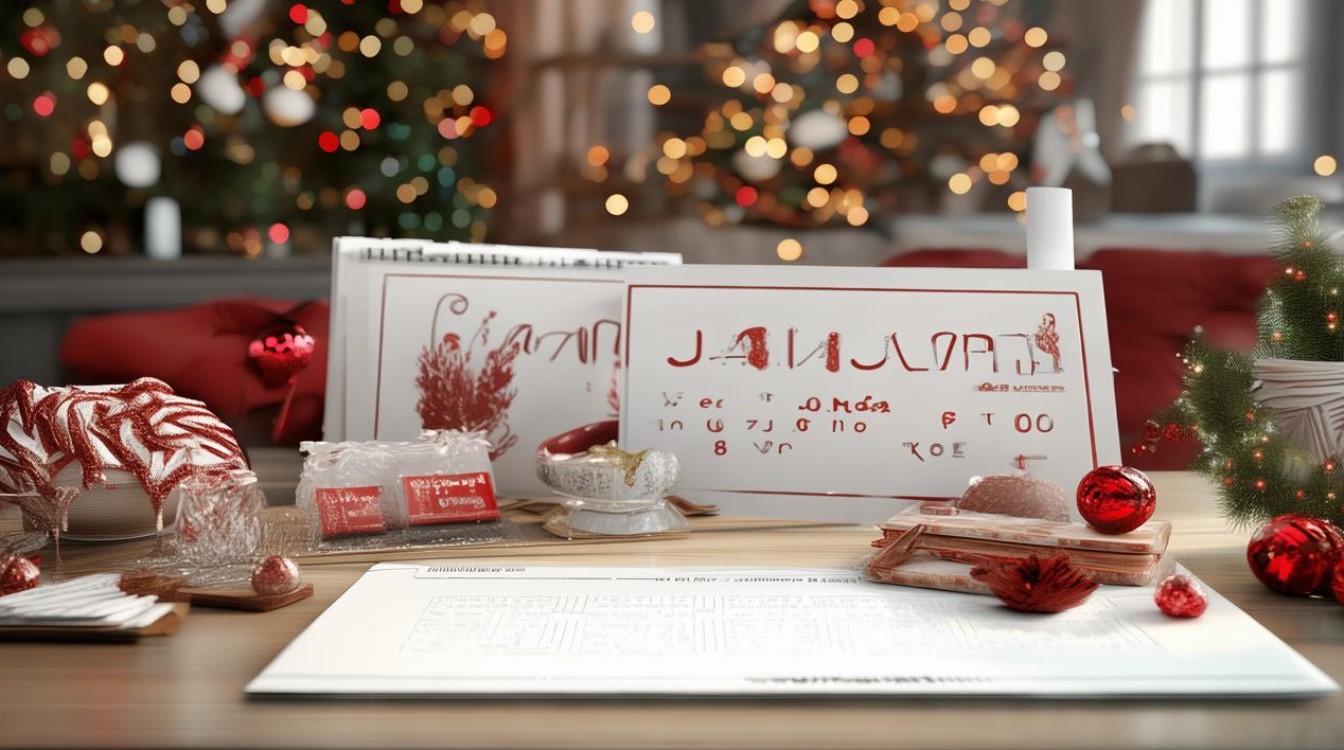January marks the beginning of a new year, filled with cultural celebrations and historical observances worldwide. Whether you're a language learner, traveler, or simply curious, mastering holiday-related English vocabulary enriches your understanding of global traditions. Here’s a curated list of key terms tied to January festivities, along with context to boost your language skills.

New Year’s Day (January 1)
Vocabulary Spotlight:
- Countdown – The final seconds before midnight on December 31.
- Resolution – A personal goal set for the new year (e.g., "My resolution is to exercise daily").
- Fireworks – Explosive displays used in celebrations.
- Toast – Raising a glass to honor the occasion ("Let’s make a toast!").
- Midnight – 12:00 AM, the moment the new year begins.
Cultural Note: In English-speaking countries, people often sing "Auld Lang Syne," a Scottish poem set to music, at midnight.
Martin Luther King Jr. Day (Third Monday in January, U.S.)
Vocabulary Spotlight:
- Civil Rights – The rights of citizens to equality and freedom.
- Legacy – The long-term impact of someone’s actions.
- March – A peaceful protest walk.
- Equality – The state of being equal in rights or status.
- Key Speech Phrases: "I have a dream," "Injustice anywhere is a threat to justice everywhere."
Language Tip: Use "observe" for holidays ("Americans observe MLK Day with service projects").

Chinese New Year (Date Varies, Often in January or February)
Vocabulary Spotlight:
- Lunar Calendar – A calendar based on moon cycles.
- Reunion Dinner – A family meal on New Year’s Eve.
- Red Envelope (hóngbāo) – Money gifted in red paper for luck.
- Lion Dance – A traditional performance to ward off evil spirits.
- Zodiac Animal – 2025 is the Year of the Snake.
Grammar Note: Use "celebrate" with holidays ("We celebrate Chinese New Year with fireworks").
Australia Day (January 26)
Vocabulary Spotlight:
- Barbecue (BBQ) – Outdoor cooking, a common celebration activity.
- Citizenship Ceremony – An event to welcome new citizens.
- National Anthem – A country’s official song ("Advance Australia Fair").
- Controversy – Debate over the holiday’s historical significance.
Usage Example: "Australians attend beach parties on Australia Day."

Burns Night (January 25, Scotland)
Vocabulary Spotlight:
- Haggis – A traditional Scottish dish.
- Bagpipes – A musical instrument played at celebrations.
- Poetry Recital – Reading aloud works of Robert Burns.
- Scotch Whisky – A toasted drink during the feast.
Phrase to Know: "Address to a Haggis" is a famous Burns poem recited during dinner.
Other January Observances
-
Epiphany (January 6) – Christian holiday marking the visit of the Magi.
- Star of Bethlehem – The guiding star in the Nativity story.
- Three Wise Men – Biblical figures who brought gifts to Jesus.
-
National Pie Day (January 23, U.S.)

- Flaky Crust – The outer layer of a pie.
- Savory/Sweet – Pie categories (e.g., apple vs. chicken pot pie).
-
World Braille Day (January 4)
- Tactile Reading – Reading by touch using raised dots.
- Accessibility – Designing inclusive tools for the visually impaired.
Practical Language Tips
- Holiday Greetings: Vary by culture. For New Year’s, say "Happy New Year!"; for Chinese New Year, "Xīnnián kuàilè!" (新年快乐).
- Formal vs. Informal: "Wishing you joy this season" (formal) vs. "Have a blast!" (informal).
- Prepositions Matter: "On New Year’s Day" (specific date), "In January" (general month).
Understanding these terms bridges cultural gaps and enhances communication. As global connections grow, so does the value of holiday vocabulary—not just as words, but as keys to shared human experiences. Keep exploring, and let language open doors to every celebration.

